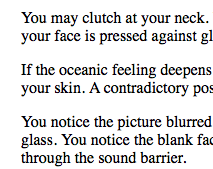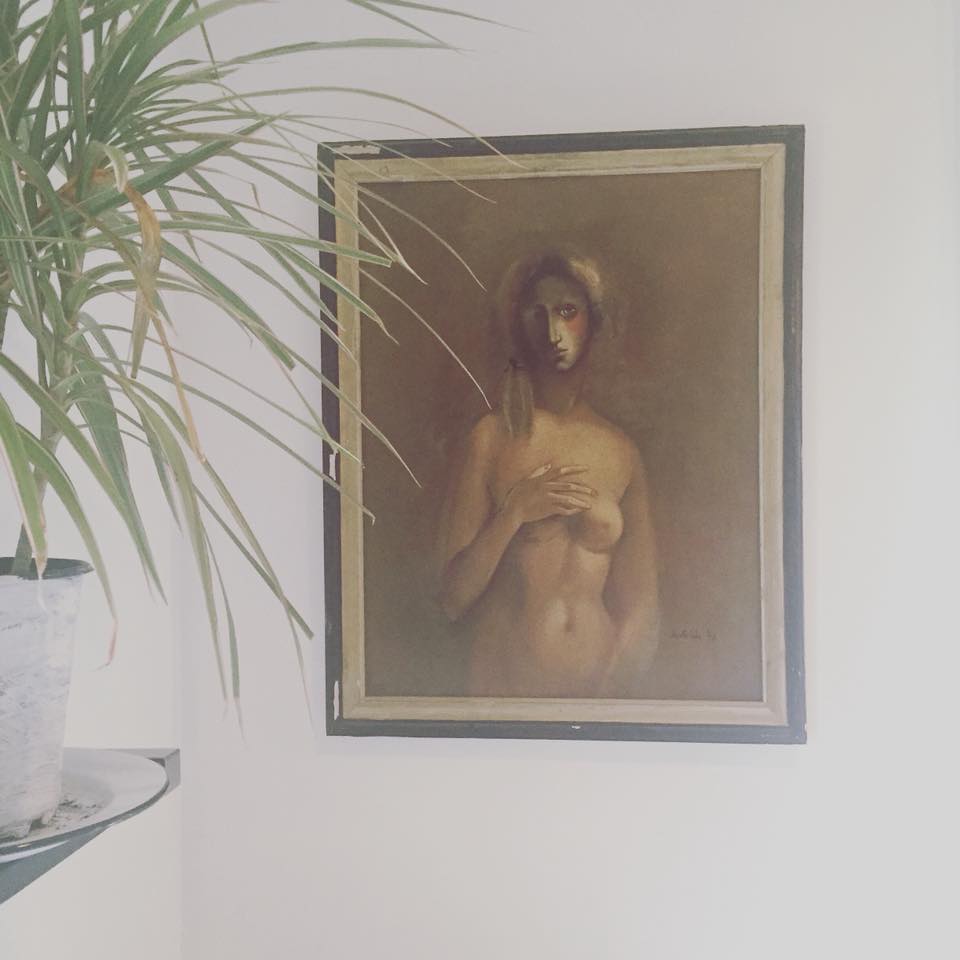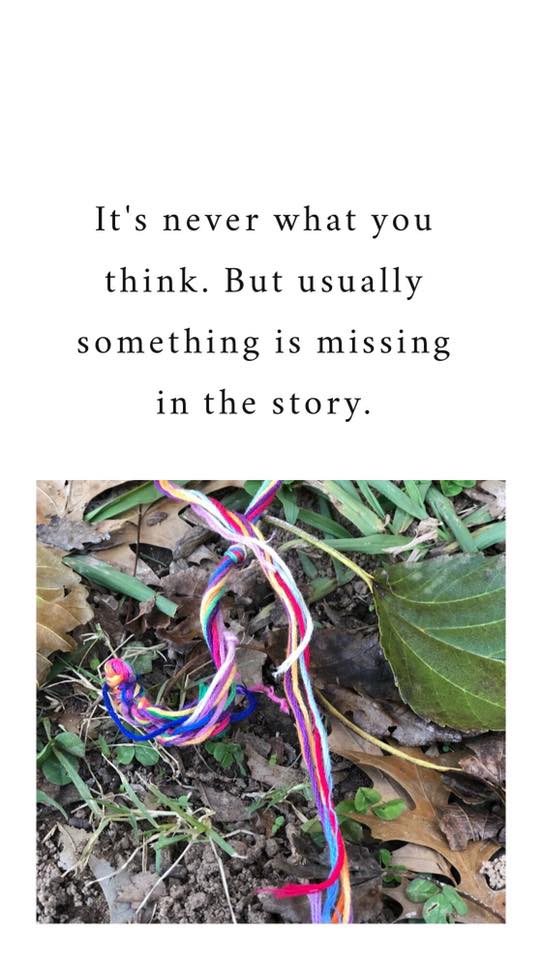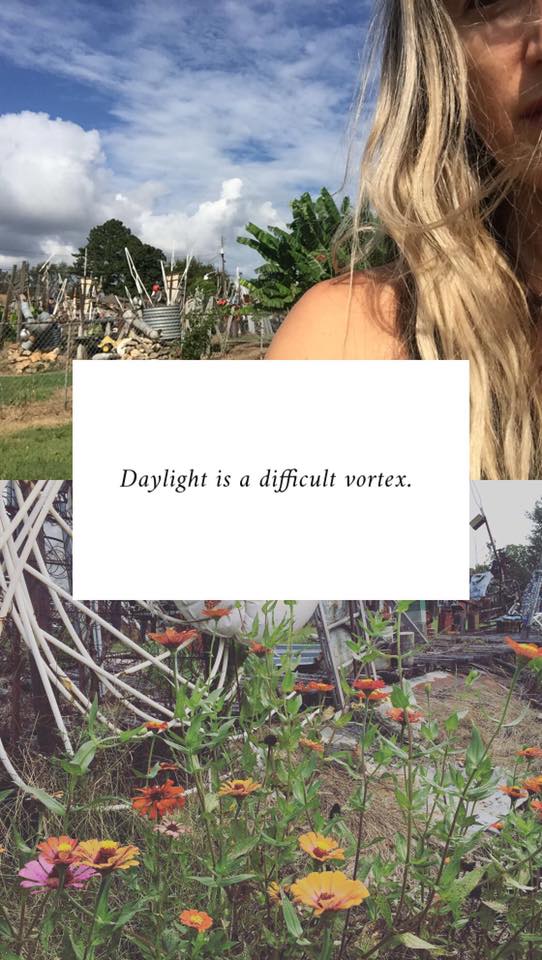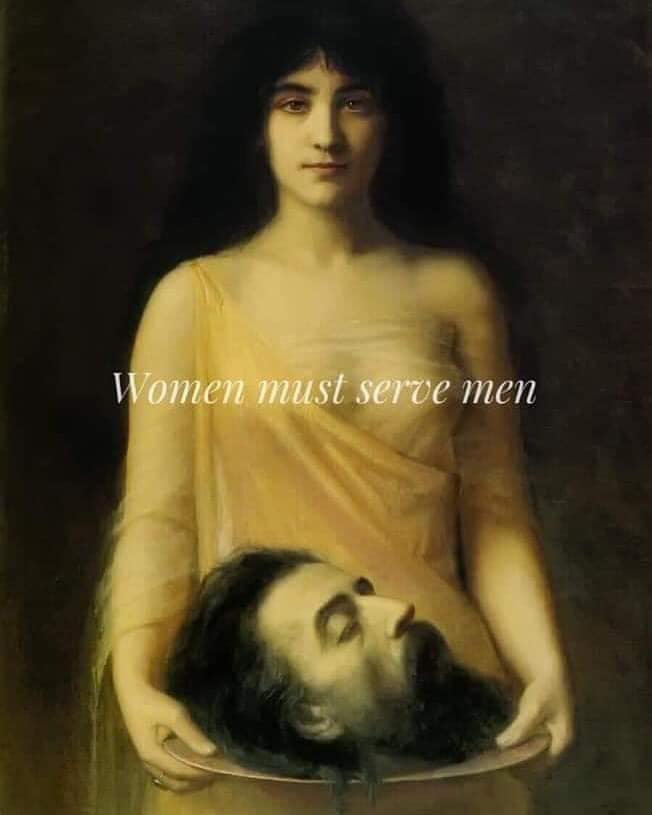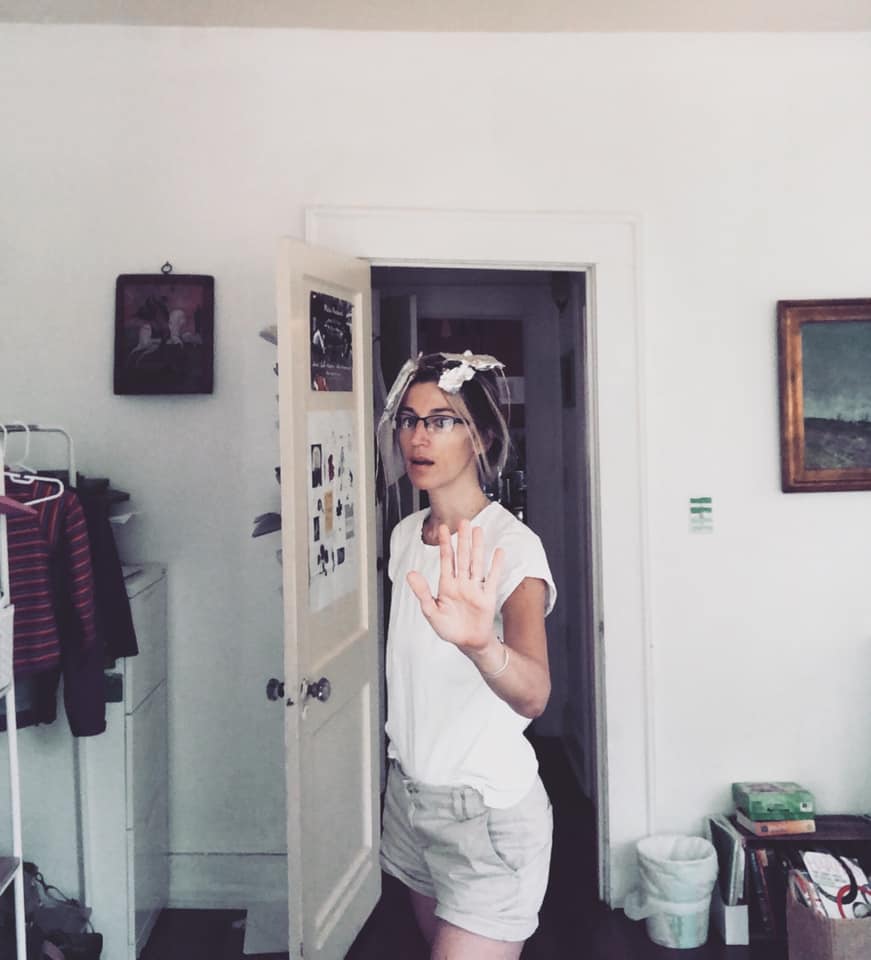1.
There is a moth that feeds on the tears of small birds. The moth visits the birds as they sleep. The moth lands on the sleeping bird’s head ever so gently before unfurling its proboscis and laying the tip just beneath the bird’s eyelid. But “to drink without waking the birds” is not yet a common expression or cliche. Is it a figure of speech?
And what do they dream, these birds whose tears are stolen?
2.
In September 2018, a biologist actually spotted the Gorgone macarea moth sitting on the neck of a black-chinned antbird in Brazil poised to drink the bird's tears. It was “the first time this behavior was reported in the country and only the third known case worldwide.”
Something we’ve never seen may be a miracle.
3.
“What do poets do? Slip
a wobbly syllable under
a microscope
so close to the lens
it cracks.”
- Martha Silano, “It was how a sentence” (AGNI)
4.
The difference between writing and willing isn’t always clear to me. Right now, for instance, I’m laying these thoughts down in my notebook for one reason, namely, to provide context for an event I want to see in the world. This event involves drawing attention to the first stanza of a poem by Rosmarie Waldrop:
“If, close to morning, you see the physical fact of language you may take a prophylactic
attitude. A figure of skating or speech. The scale is heavy flesh.”
5.
The heart cannot break. No matter how often we compare the heart to a breakable object, the human heart remains a quivering fist of pink jelly, a mass of pulsing tissue that is not quite machine.
Believe me when I tell you my heart busted wide as a cactus piñata after my mom’s sudden death. My heart was bat-broke open.
6.
The poem’s job is to make you believe it. If the heart can’t be broken, the poem’s job is to break the heart anyway.
There is nothing less forgivable than the poem who assumes it can speak of heartbreak without hurting anyone.
Or breaking things.
7.
I don’t know why hearts lie about breaking, but I read that moths and butterflies have also been observed feeding on the tears of crocodiles and turtles. They do this to obtain the salt which isn’t naturally available in nectar.
A moth drinking crocodile tears is a marvelous event in my head.
8.
In the poem that is an event, Rosmarie Waldrop lassos the dedication into the title: “The Material World (for Johanna Drucker)”. The poet is continuing a conversation with her friend and she wants to be sure we understand Johanna is not an afterthought but a part of the poem’s flesh.
Here’s what I can’t forget: the final phrase of the third stanza.
Which also happens to be the exact middle of the poem, something like it’s centerfold:
“Pressure just below the phrase level.”
9.
The bird dreamt of her single, unbreakable nest.
